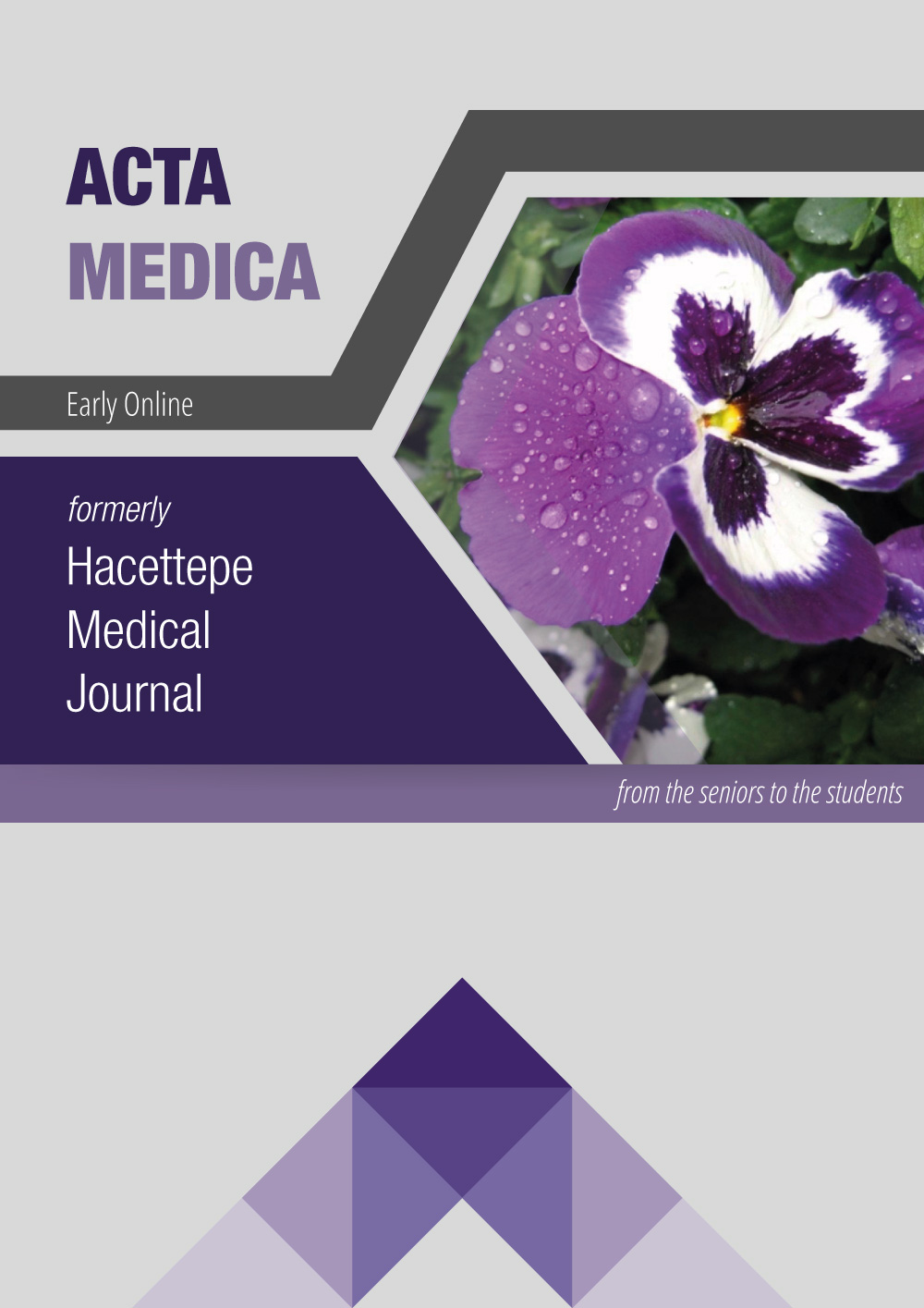Unravelling the maternal stress-induced orchestrations: Fndc5 gene expression dynamics across duodenum, stomach, and whole blood in offspring
DOI:
https://doi.org/10.32552/2024.ActaMedica.1003Keywords:
maternal stress, early life stress, irisin, Fndc5 gene expression, macrophageAbstract
Objective: Maternal stress is a known risk factor for a variety of adverse outcomes in offspring, including metabolic and behavioural abnormalities. The hormone irisin, encoded by the Fndc5 gene, is believed to mediate stress’s effects on metabolism. Two weeks of restraint stress causes stomach inflammation and increases oxidative stress in rodents. Irisin, coded by the Fndc5 gene, probably suppresses this oxidative stress. In this study, we examined the effect of early-life maternal stress on Fndc5 gene expression in the duodenum, stomach and whole-blood offspring.
Materials and Methods: This study consists of three groups: a control, an unpredictable maternal separation (MS), and an unpredictable maternal separation combined with unpredictable maternal stress (MSUS). On postnatal (PND) days 1-14, randomly three hours a day, MS and MSUS were exposed to unpredictable maternal separation. MSUS was subjected to extra unpredictable maternal stress. Mice were sacrificed on PND35. Total RNA was isolated from duodenum, stomach, and whole blood samples by Phenol-Chloroform technique, and HiScript II 1st Strand cDNA Synthesis Kit was used for cDNA synthesis. Fndc5 and Gapdh genes expression level was measured by qPCR using FastStart Universal SYBR Green Master. The data obtained were analyzed using One-Way ANOVA tests in GraphPad Prism.
Results: Fndc5 gene expression did not differ between groups in the duodenum (p>0.05), significantly increased in the MSUS group compared to the control (female p=0.0089, male p=0.0053) and MS (female p=0.0206, male p=0.026) groups in the stomach. In whole blood samples, it decreased in MS and MSUS group males (p=0.0011). In addition, a significant negative correlation (p= 0.0003) has been established between the stomach and whole blood.
Conclusion: The findings assert the role of irisin in transmitting stress-related effects on metabolism, emphasizing the therapeutic potential of targeting the Fndc5 gene in preventing and treating stress-related disorders.
Downloads
Downloads
Published
How to Cite
Issue
Section
License
Copyright (c) 2024 Acta Medica

This work is licensed under a Creative Commons Attribution-NonCommercial-NoDerivatives 4.0 International License.


